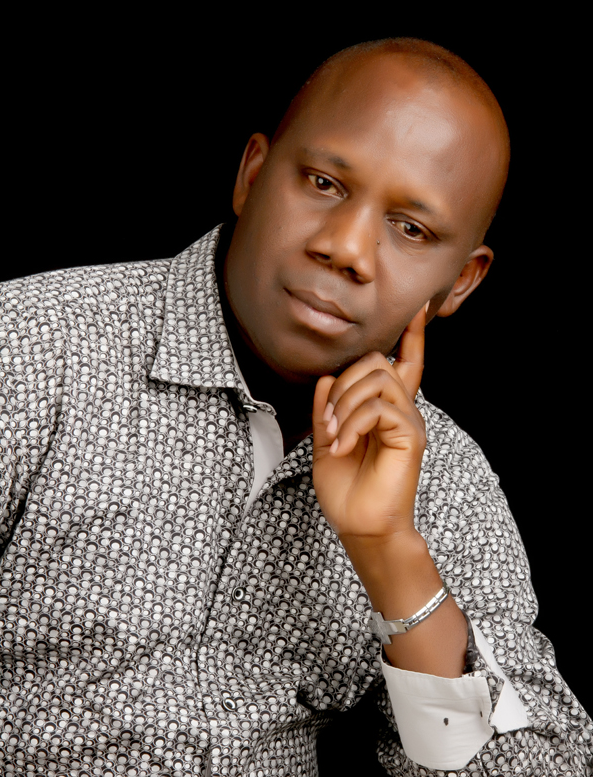MEDIA CHAT: Fundamental rights and utilitarian imperatives
In a liberal democratic state like Nigeria where constitutionalism has been deified, government must find a suitable mannerism, paradigm, or methodology of addressing competing interest and rights of the citizenry.
More importantly, the mechanism at the disposal of government in making choices in respect of processes must be placed on the pedestal of satisfying the requirement of utilitarianism i.e the general good for the generality of the people or the nation Nigeria.
What the generality of Nigerians consider the greatest good as represented or expoused by the government, which is the representative of the people in a liberal democracy, is – THE PUBLIC INTEREST.
Law is not an empirical science neither is it autonomous, rather it is a subject matter that is contingent on various other external factors like politics, economic and social-cultural idiosyncrasies of a particular geopolitical entity not forgetting the subjective standpoints, roles of the adjudicators.
An adjudicator has in most cases political/social linkages he/she might be pro-corruption or anti-corruption, pro-business or anti-business, etc. Their/his/her judgement (s) would reflect at some point their/his/her linkages.
According to J.Bentham who is a/was legal philosopher of the pragmatist instrumentalism and utilitarianism triangle whose school of thoughts are associated with result-oriented jurisprudence, which focuses more on the consequences of a judicial decision than on how the relevant legal principles should be applied coupled with the utilitarianism argument that law must be for the achievement of the greatest good for the greatest number of people in the society and not for the protection of a few influential or politically exposed citizens.
Here are my viewpoints to the unfolding debate or discourse on the subject matter.
The public interest arguments or what I give the combi “praginstrutilitarianism” is the key to the resolution of Dasuki and Kanu cases in respect of their incarceration vis a vis the arguments in support of their fundamental human rights.
There is no consensus on what constitute violation of basic rights even with the fact that those rights are enshrined in statute this is because when we look at the various judicial opinions and political views on the subject matter given by our courts one is left with more fundamental questions, queries, than definitive answers.
Fundamental constitutional rights of citizens can be overridden if there are compelling governmental interest because certain rights are protected in the statute, constitutionally or internationally etc do not make it inviolable. Please note that I am not using the word inalienability.
Where there is misunderstanding/conflict in respect of the role of government as jurisgenerative in contradistinction from its role as jurispathic as we have seen from the various judgements and bail granting frivolous adjudication recently.
The state must have the opportunity to justify its restriction of fundamental rights of an offender in these cases Dasuki and Kanu. The state must and can use the public interest arguments here to defend the interest of the citizenry as representative of the populace.
Nigeria citizen locus standi can be exercised via the federal government, as our representative and president @mbuhari is the head of that government.
Culprit Dasuki and Kanu must not be allowed to walk free for now until the finality of their indictment by the supreme court, that is my take away from the president’s remark during the media chat and in my view it is justifiable, since the greater good or rights deriveable from government action is more than the rights of those offenders.
In my view we can only talk of abuse of fundamental rights when the supreme court has given its final decision and the state refuses to follow or adhere to such decision, because while a case of this magnitude is still on going in lower courts any bail granted can be overtaken, overturned by a new charge(s) filed by the state.
By emphasising the rights of the accused to freedom, you are indirectly denying the rigths of the greater number of Nigerians who would like to prevent them from escaping the rule of law and want to see justice served.
The Nigerian state is here applying the objective notion of reasonableness in respect of what I give the nomenclature “escapismo de justicium” of the offenders.
The life of the law has not been logic, it has been experience,” Holmes wrote in 1881.








